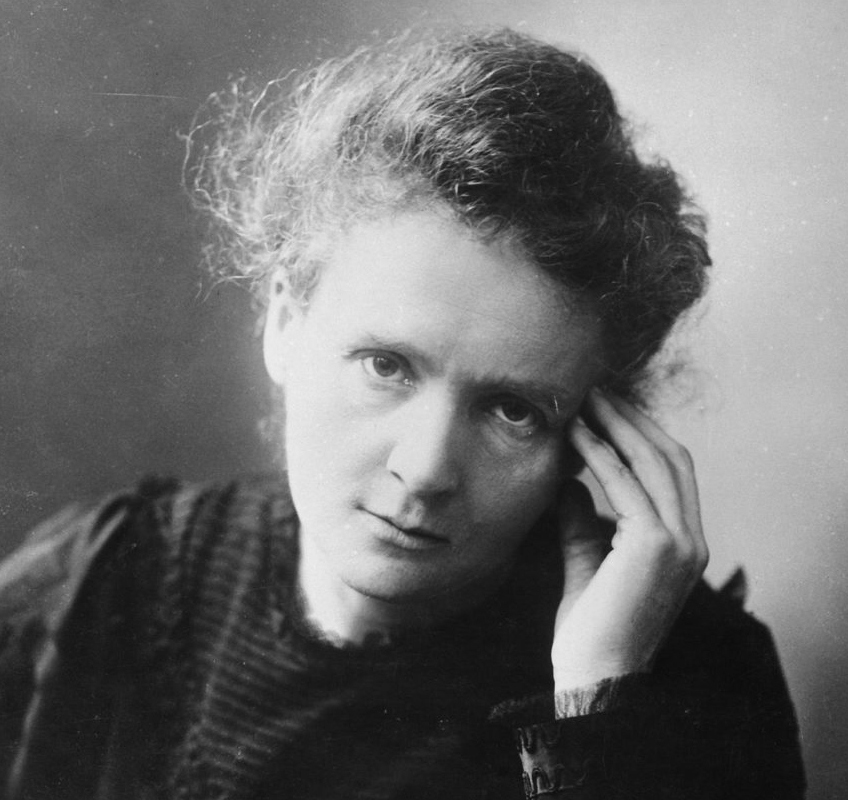Exactly 150 years ago, on 7 November 1867, Marie Skłodowska was born in Warsaw in Poland. A century and a half later, the name Marie Skłodowska-Curie is associated not only with this double-Nobel-prizewinning scientific luminary, but also with a whole community of European scientists: the Marie Skłodowska-Curie fellows.
Since the programme was introduced by the European Commission in 1990, the Marie Skłodowska-Curie fellowships have benefitted more than 100 000 scientists at all stages of their careers (from doctoral students to experienced researchers). Above all, the programme aims to promote international and interdisciplinary mobility and excellence in research across all fields.
Since 2004, the Marie Skłodowska-Curie programme has enabled more than 490 fellows to continue their studies at CERN, usually for a period of two years. At present, 134 participants in the programme are spread across various departments of the Laboratory.
The aim of the Marie Skłodowska-Curie programme fits perfectly with CERN’s training mission. Several hundred undergraduate, doctoral and post-doctoral students have already benefited from CERN’s exceptional scientific environment and the know-how of its researchers, and the Marie Skłodowska-Curie programme has played a key role in making this happen. No doubt Marie Skłodowska-Curie herself would be proud of this success.
______________________________________
The Marie Skłodowska-Curie programme through the eyes of its fellows
Alessandra Gnecchi has been a Marie Skłodowska-Curie fellow in CERN’s Theoretical Physics department since April 2017. She is currently working on black holes in supersymmetric theories.

“Marie Curie was the first female role model of the modern scientific era – I have a particular attachment to her. I was a young girl in the 1990s and read the book "Madame Curie", which made me decide to become a scientist.
Today, the Marie Skłodowska-Curie Fellowship Programme allows scientists to study more than one research topic, which is very important. It demonstrates moreover that the recipient was able to write a challenging proposal. Because of these aspects, this fellowship could allow my career to become highly visible and productive, and it is up to me now to exploit this opportunity.”

Roberto Cardella has been a Marie Skłodowska-Curie fellow in CERN’s Experimental Physics department since September 2016. He is currently working on the upgrade for the inner tracker of the ATLAS experiment.
“My Marie Skłodowska-Curie Fellowship falls under an ITN (Innovative Training Network) called STREAM. In our consortium, there are currently 17 fellows, spread all over Europe, working on related topics. It is inspiring to work on an innovative topic and to collaborate with other students.
This programme is a great opportunity for my career. Being part of a training network has already allowed me to get in touch with many institutes all over Europe. I am learning a lot from my colleagues here at CERN and the periodic meetings with the other students and partners in STREAM allow me to broaden my view of this field.”

Anna Stakia has been a Marie Skłodowska-Curie fellow in CERN’s Experimental Physics department since May 2016. She is currently working on New Physics searches and Machine Learning.
“Marie Skłodowska-Curie is without a doubt one of the most eminent figures in physics, and in science in general. I feel honoured to be part of a programme that carries her name and I am personally incredibly inspired by it.
To me, the strongest aspect of the Marie Skłodowska-Curie Programme is that it offers a broad variety of sub-academic and training options through which a fellow can navigate. In this way, any strict academic barriers are overcome. At the same time, the mobility opportunities enhance the fruitful interaction of students not only with researchers and working environments in foreign countries, but also among themselves, thus creating a fertile field for collaboration, which expands their research horizons, accelerates their progress and boosts their career potential.”
______________________________________
Today, to mark 150 years since the birth of Marie Skłodowska-Curie, CERN, the University of Liverpool and the Ludwig Maximilian University of Munich are organising a series of events for the scientific community and the general public. For more information, visit the event website.
From 3 pm (CET), watch the presentations at the University of Liverpool and at CERN.
To go further, read the article published in July on Marie Curie's granddaughter's visit to CERN.

